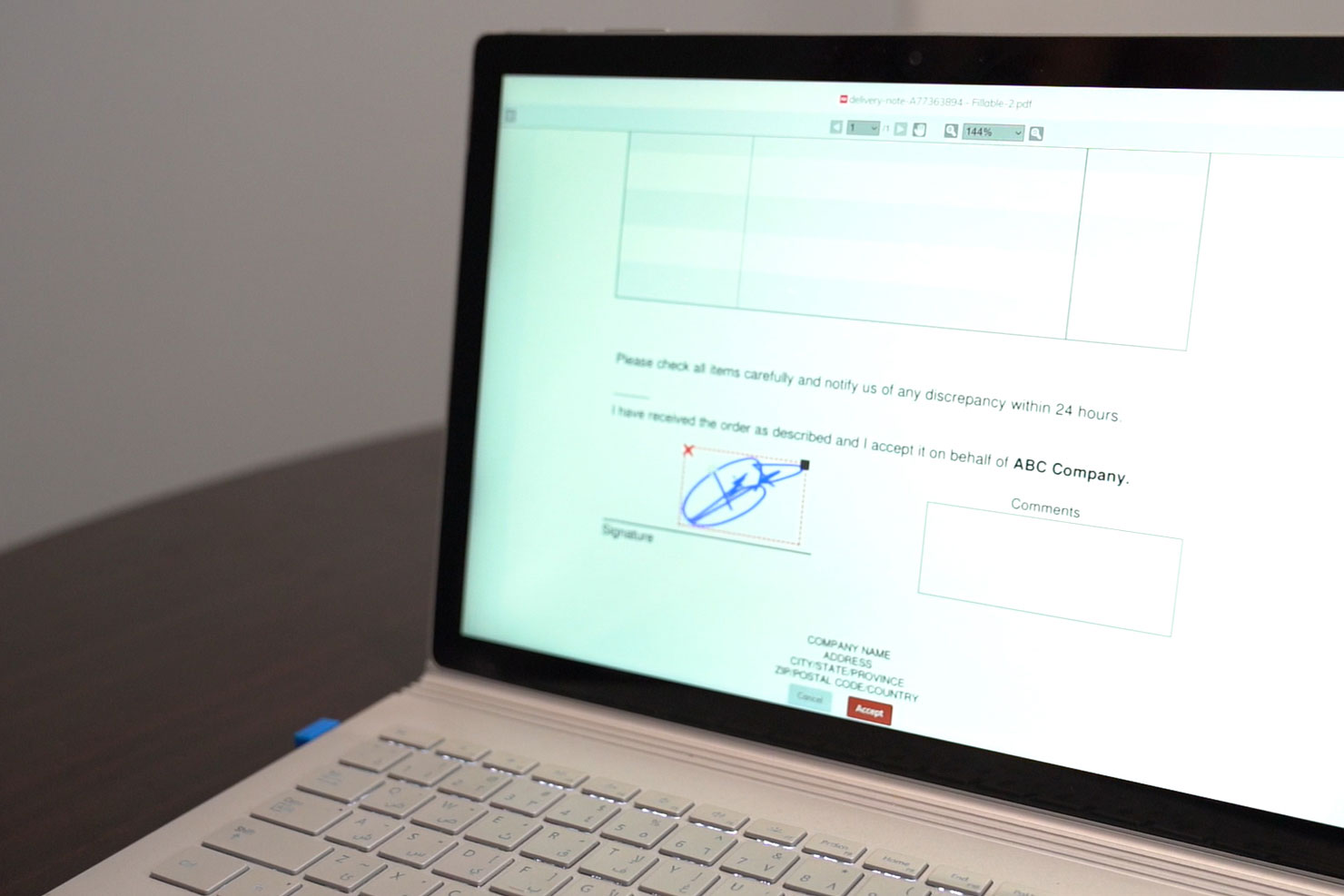The days having to wait ages for a contract in the mail, only to find out a signature is missing on a page, are over: more and more companies are switching to digital signatures, because it provides them with significant benefits.
Unchangeable
A huge benefit of a digital signature is that it guarantees a document is not changed in any way. According to the Public Key Infrastructure (PKI) protocol, two keys are needed to digitally sign a document: a public key and a private key. These keys are generated and bound to entities by an acknowledged certificate authority. The private key allows one party to actually sign a document, encrypt it and send it on its way, while the other party can use the public key to decrypt the document. While documents can always be changed, in this case the signing party does not need to worry: since the document is timestamped, the document cannot be changed without breaking the timestamp.
Non-reputable
Because signatures could be forged relatively easily, people could always try to cancel a contract, stating they never signed it. With a digital signature, however, this is no longer possible: once an entity has signed a contract using his or her private key, they cannot deny doing so at a later time.
Efficient
Efficiency is another huge benefit, because in earlier times, sending and signing documents used to take ages. And not only the physical copies, which needed to be delivered by couriers, but the scanned versions of those same documents as well. Sure, they could be scanned, sent by e-mail and printed once they had arrived, but this still took way too much valuable time. Thanks to digital signatures, it is just a matter of signing a document and sending it.
Cost-saving
Digital signatures also save money. First of all, it is possible to save on material expenses, i.e. paper and ink. These are not the most expensive resources in the world, but still: when a company sends out multiple hundreds of contracts a week, it becomes costly pretty quickly. More importantly, however, digital signatures allow companies to save on shipping costs and on administration fees.
Globally accepted
Another important benefit is global acceptance. In an increasingly connected world, standardization is more important than ever. While there may not be one global standard just yet, the European Telecommunications Standard Institute (ETSI) and American National Institute of Standards and Technology (NIST) have defined standardized frameworks, which more and more vendors are using.








